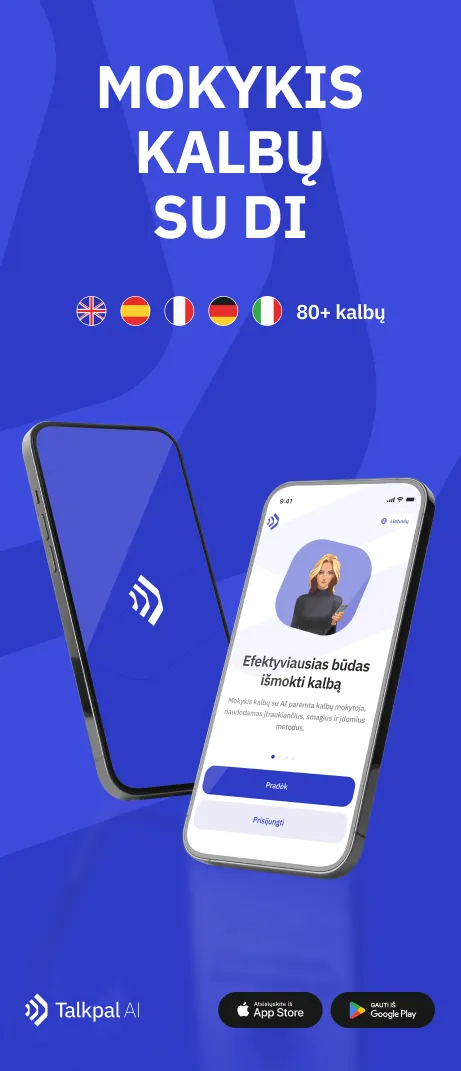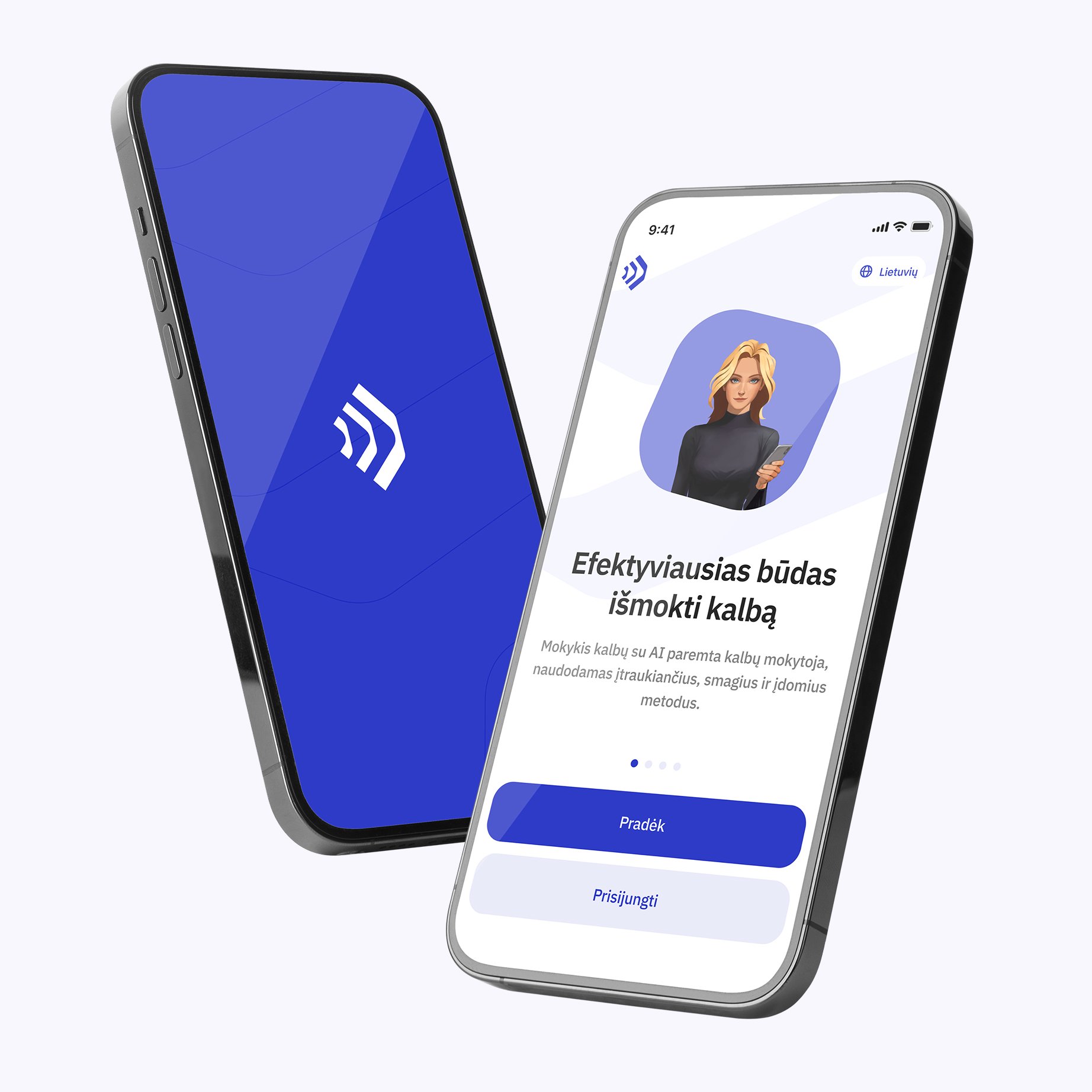Ateities tobuli progresiniai anglų kalbos gramatikos pratimai – dalis 1
2. They *will have been studying* English for two hours by the time you arrive. (Veiksmas, kuris vyks tam tikru ateities momentu ir bus tęstinis)
3. At 8 p.m., I *will have been cooking* dinner for an hour. (Veiksmas, kuris jau bus vykęs tam tikrą laiką ateityje)
4. He *will have been playing* football for three hours by sunset. (Veiksmo tęstinumas ateityje iki tam tikro momento)
5. By this time next week, we *will have been traveling* for 24 hours. (Veiksmas, kuris tęsis iki tam tikro ateities momento)
6. She *will have been reading* the book for a month by the end of May. (Tęstinis veiksmas ateityje iki konkretaus laiko)
7. By 2025, they *will have been living* in London for ten years. (Veiksmo trukmė ateityje iki konkretaus momento)
8. At noon tomorrow, I *will have been waiting* for you for thirty minutes. (Tęstinis veiksmas laukimo būsenoje ateityje)
9. You *will have been working* on this project for weeks by the deadline. (Veiksmas, kuris bus vykęs ilgą laiką iki termino)
10. By the time we arrive, the kids *will have been playing* outside for hours. (Tęstinis veiksmas vaikų žaidimo metu ateityje)
Ateities tobuli progresiniai anglų kalbos gramatikos pratimai – dalis 2
2. By next Friday, I *will have been working* on this report for ten days. (Veiksmo trukmė ateityje iki tam tikros datos)
3. At 6 o’clock, they *will have been driving* for three hours straight. (Tęstinis veiksmas važiavimo metu ateityje)
4. He *will have been practicing* the piano for two hours by the concert. (Veiksmas tęsis iki tam tikro ateities momento)
5. We *will have been living* here for five years by the end of this month. (Ateities tęstinis veiksmas iki datos)
6. By the time you finish work, I *will have been cleaning* the house for hours. (Tęstinis veiksmas iki kito ateities veiksmo)
7. They *will have been waiting* for the bus for 20 minutes by the time it arrives. (Tęstinis laukimo veiksmas ateityje)
8. I *will have been exercising* for an hour when you call me. (Veiksmo tęstinumas ateityje iki momento)
9. By 9 p.m., she *will have been working* on her project all day. (Veiksmo tęstinumas visą dieną iki vakaro)
10. The students *will have been listening* to the lecture for two hours by noon. (Tęstinis veiksmas klausymosi metu ateityje)










